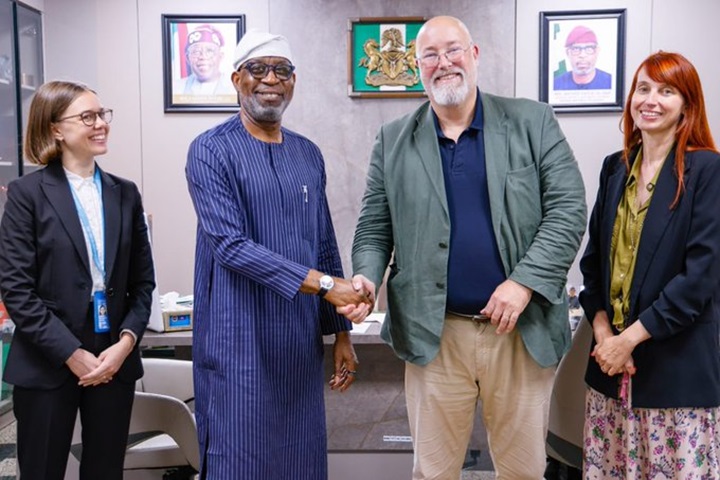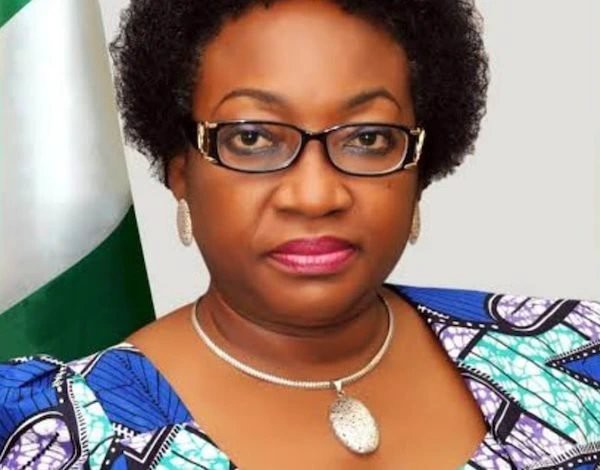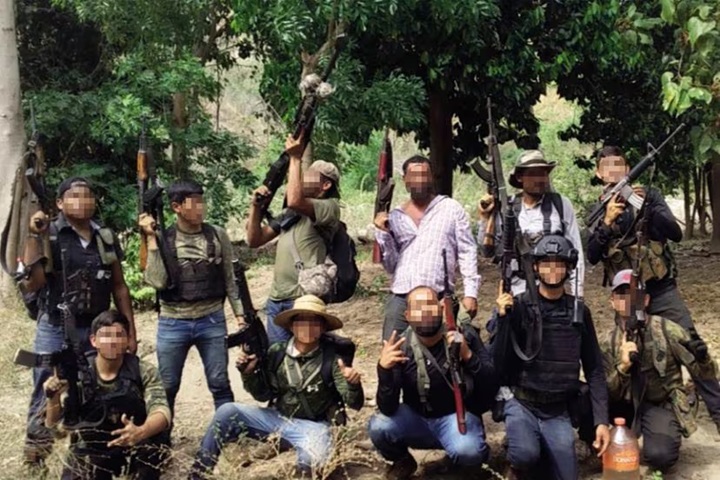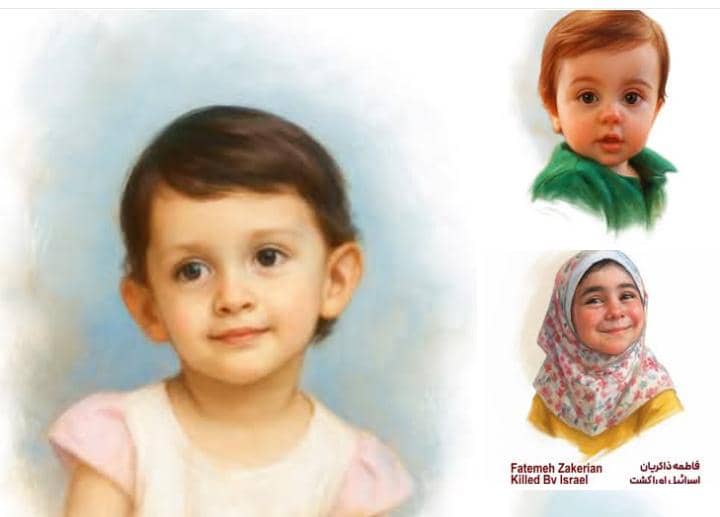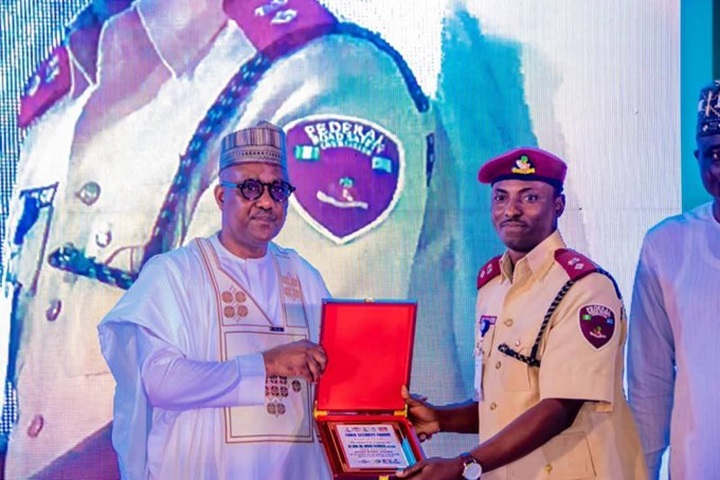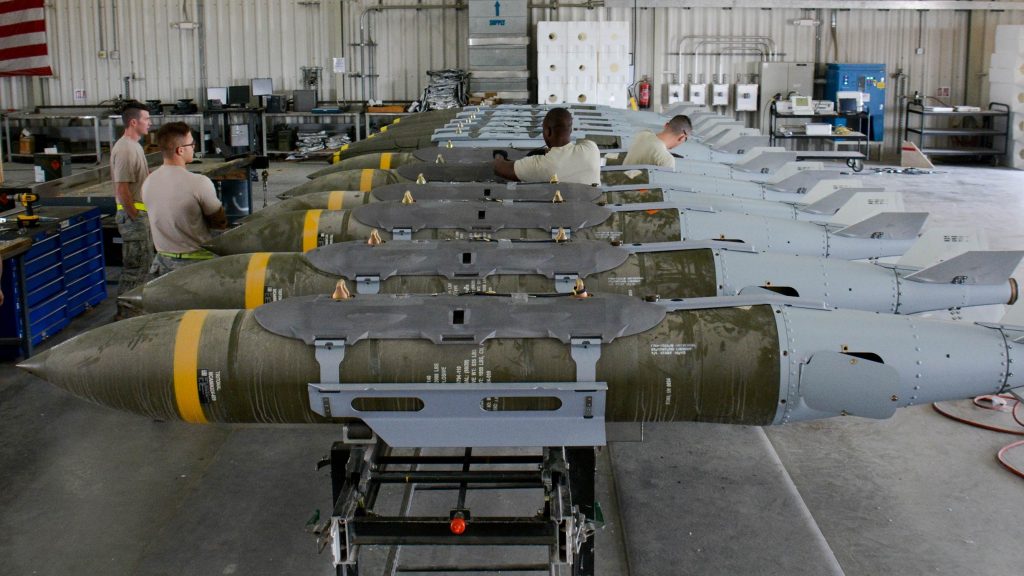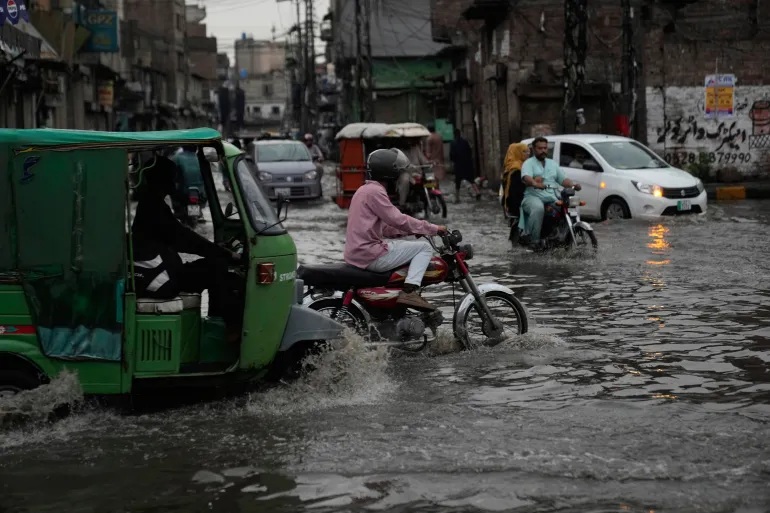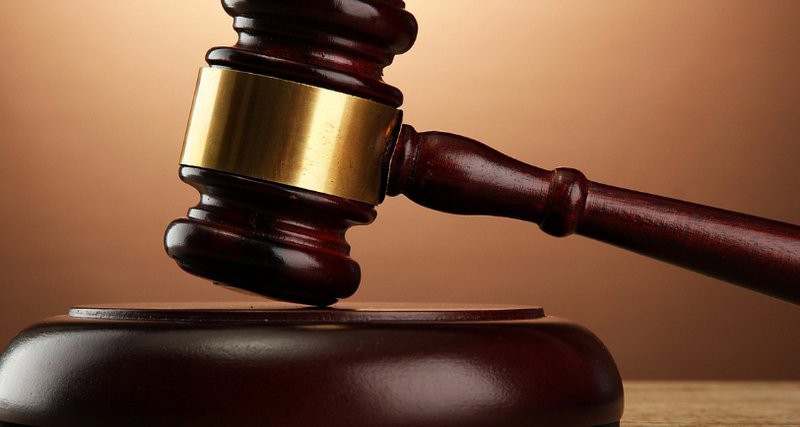Featured
Rwandan genocide survivors narrate ordeal in Paris Court

Bullets flew. Then men with machetes and clubs burst into a convent where people had found refuge, killing almost all the boys and men.
Angélique Uwamahoro was 13 at the time of the 1994 genocide in Rwanda. She said she had to walk through the bodies to survive.
Three decades later, she has told her story on Tuesday at a Paris court where a former doctor is on trial for his alleged role in the mass killings of more than 800,000 minority Tutsis and moderate Hutus who tried to protect them.
The dead, Diaspora Digital Media understands, included some of Uwamahoro’s family members. She said she came to court to “seek justice for my people, who died for who they were.”
The accused is Eugène Rwamucyo, a 65-year-old former doctor who is charged with genocide, complicity, crimes against humanity and conspiring to prepare those crimes. He has denied any wrongdoing.
If found guilty in the trial that started this month and is scheduled to end next week, Rwamucyo is facing life in prison.
Several witnesses travelled to Paris and gave graphic descriptions of the killings in the Butare region where Rwamucyo was at the time.
On Monday, another survivor, Immaculée Mukampunga, described attacks on Tutsi civilians who had gathered at a seminary. “They attacked us, using the same method: first the machete on top of the head, then the throat, then the ankles,” she said.
She said she hid her children, aged 5 and 6, by covering them with bodies.
“I put blood on me, on the children too, so that they would believe we were dead,” she said.
Antoine Ndorimana was 9 when the genocide started. He told the court he had been hiding with his family in a church when they were found.
“Those with machetes and clubs started hitting people. Some slit their ankles, others their throat … And then they stayed to see if anyone was still alive,” he said. He had been struck by a club but tried to stay still.
The next day, Ndorimana saw men putting bodies and wounded people in mass graves.
He said he was almost buried alive in one but managed to escape.
The defendant, Rwamucyo, is accused of spreading anti-Tutsi propaganda and supervising operations to bury victims in mass graves, the prosecution said.
The former doctor said his role in mass-grave burials was motivated only by “hygiene-related” considerations and denied survivors were buried alive.
This is the seventh trial related to the genocide, involving eight Rwandan nationals, that has come to court in Paris, all in the past decade.
In December, another doctor, Sosthene Munyemana, was found guilty of genocide, crimes against humanity and helping prepare a genocide and sentenced to 24 years in prison. He has appealed.
River of blood
The genocide, occurring from April to July 1994, was a devastating ethnic cleansing campaign that resulted in the deaths of approximately 800,000 to 1 million people, primarily from the Tutsi ethnic group, moderate Hutus, and other minorities.
The genocide was sparked by the assassination of Rwandan President Habyarimana, which fueled anti-Tutsi sentiment propagated by hate radio and propaganda.
The Hutu extremist government, military, and militia (Interahamwe) carried out systematic massacres across the country, including in Kigali, Gikondo, and Nyamata, with churches and schools becoming killing sites.
The international community’s inaction was widely criticized, with the UN peacekeeping mission (UNAMIR) proving inadequate.
In the aftermath, the International Criminal Tribunal for Rwanda (ICTR) was established to prosecute perpetrators.
Rwanda has since made significant strides in recovery, including reconciliation efforts through gacaca courts and memorial centers honoring victims.
Key figures like Paul Kagame, Romeo Dallaire, and Samantha Power have played crucial roles in shaping our understanding of this tragic event, which remains a powerful lesson in the importance of humanitarian action and global responsibility.
For Diaspora Digital Media Updates click on Whatsapp, or Telegram. For eyewitness accounts/ reports/ articles, write to: citizenreports@diasporadigitalmedia.com. Follow us on X (Fomerly Twitter) or Facebook




